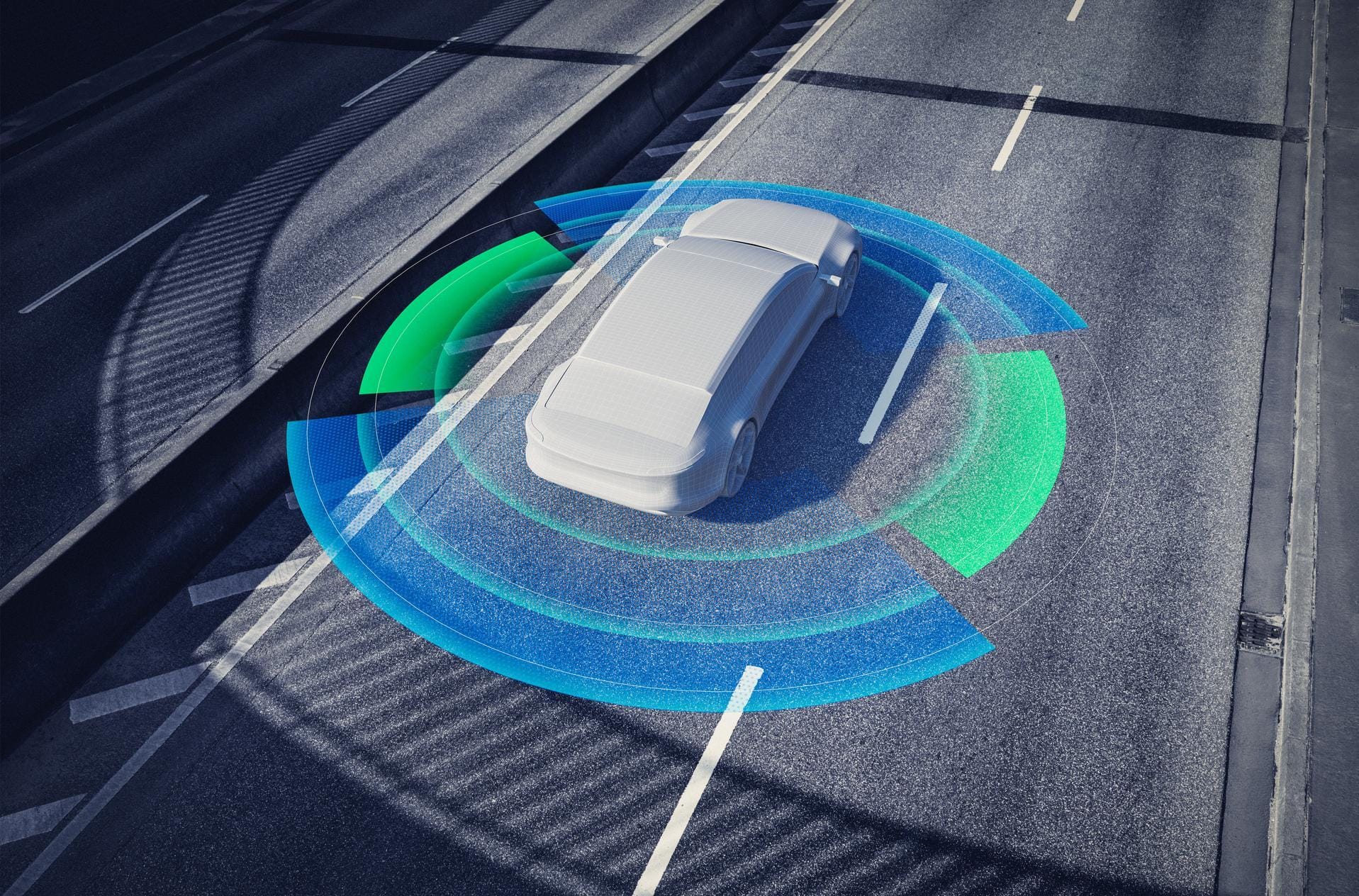For Huge Moves: Who Is Driving My Car?
Automakers are building increasingly connected, digital and personalized driving experiences. AI is key to all of that.

The year 2023 may end up being remembered as the year the world truly took notice of modern AI, and ChatGPT — the AI-driven chatbot that generates human-like text responses to just about anything you ask it — could prove to be the tip of the spear for this revolution. While the technology is still rapidly evolving and highly controversial, actual applications of its latest version (GPT-4) include coding entire games and auto-generating whole legal documents. Its potential, AI advocates say, could be limitless.
Imagine, then, what it could do inside a vehicle. Last month, General Motors made headlines after it was reported the auto giant was exploring ways to use ChatGPT in vehicles as part of its Microsoft partnership. In a car, GM officials said, ChatGPT could power a voice-activated virtual personal assistant that might explain how to use complicated in-car features, predict when repairs are needed or even explain how to mount a spare tire if you have a blowout. Given how complicated modern cars are becoming, an AI assistant sounds brilliant.
There’s just one problem; the headlines are premature. A GM spokesperson confirmed to Huge Moves that while ChatGPT has many potential in-car applications, the company has no actual agreement to use ChatGPT for any car features, despite some news outlets running a little too far with the story.

